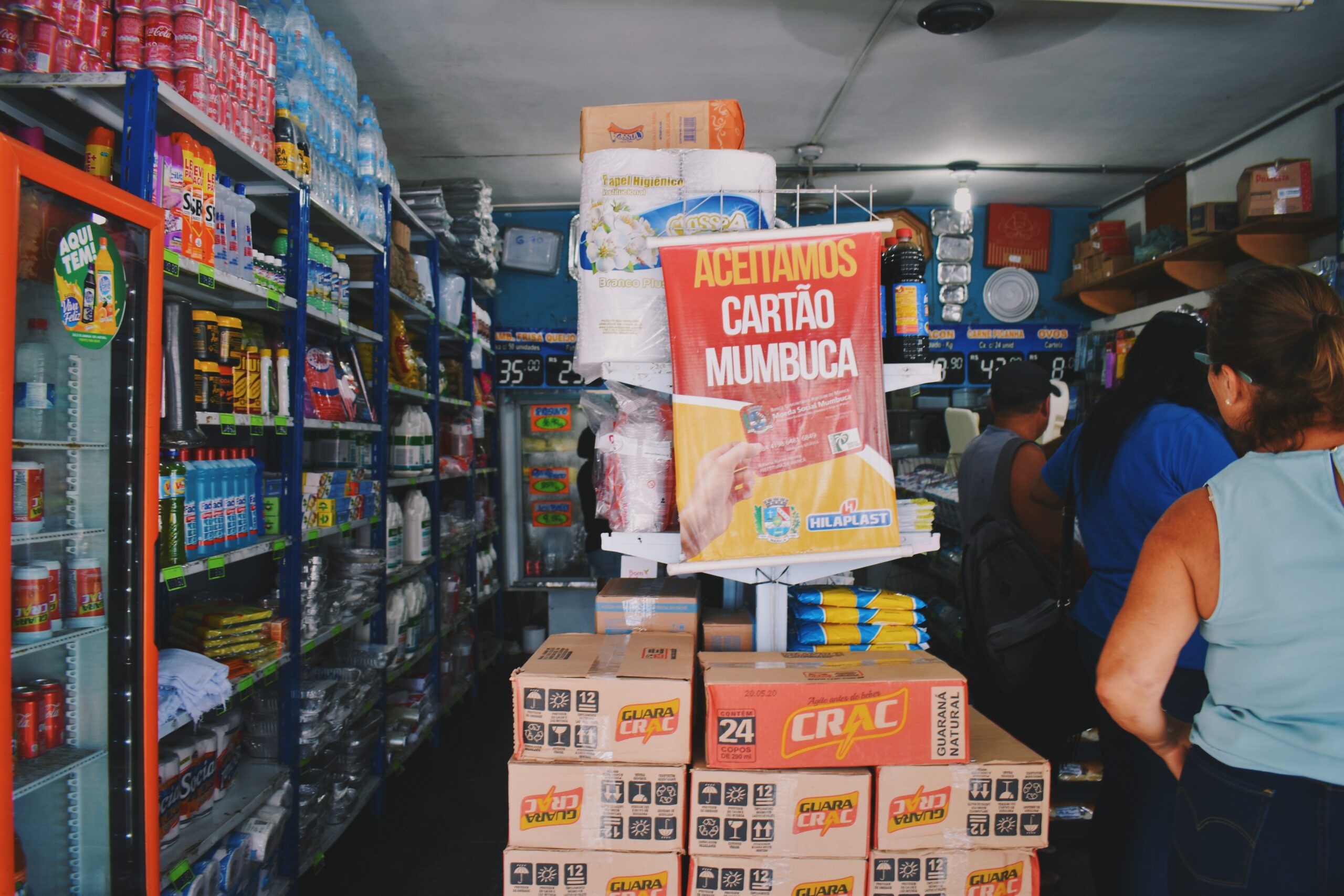Mexico’s Petroleum Hedging Program as Counter-Cyclical Insurance

For nearly two decades, the Mexican Treasury has run an insurance-like program to hedge against declines in crude oil prices, which could otherwise substantially constrain government spending. This new report from the Jain Family Institute evaluates the program, widely known as the “Hacienda Hedge” in Anglophone financial circles, drawing on twenty years of data as well as a set of Monte Carlo simulations.
Available in English, Spanish, and Portuguese, the report finds that the hedging strategy has served the Mexican government as an effective form of insurance against downturns in oil prices, improving its credit rating and protecting critical public spending while demonstrating cash-flow positivity over the lifespan of the strategy.
Critical to the success of the Hacienda Hedge, the authors find, are its simplicity, efficiency, and continuity, reflecting the Mexican Treasury’s prioritization of counter-cyclical insurance coverage over speculative bids at outsize returns. An accompanying set of simulations point to the possible stabilization effects and cash-flow positivity of similar hypothetical strategies, suggesting that such insurance-like approaches may be of relevance to a wide range of oil-exporting countries, including Brazil, where petroleum export and price stabilization policies are the subject of ongoing debate and experimentation.
Read the report in English here.
Related
We Take Mumbucas: Charting the Complementary Currency That’s Transforming a Brazilian City
A new report by Andrea Gama and interactive visualization from Francis Tseng.
Part of the series Social Wealth Seminar
Municipal Bank of LA: Interactive Balance Sheet Simulator
The simulator enables the public to allocate resources among the proposed public bank lending programs, testing cost and profit assumptions...
Part of the series Municipal Public Banking
Municipal Bank of LA: Democratic Governance Frameworks
A briefing by Michael McCarthy of the Berggruen Institute on deliberative democracy for public finance and investment.
Part of the series Municipal Public Banking


